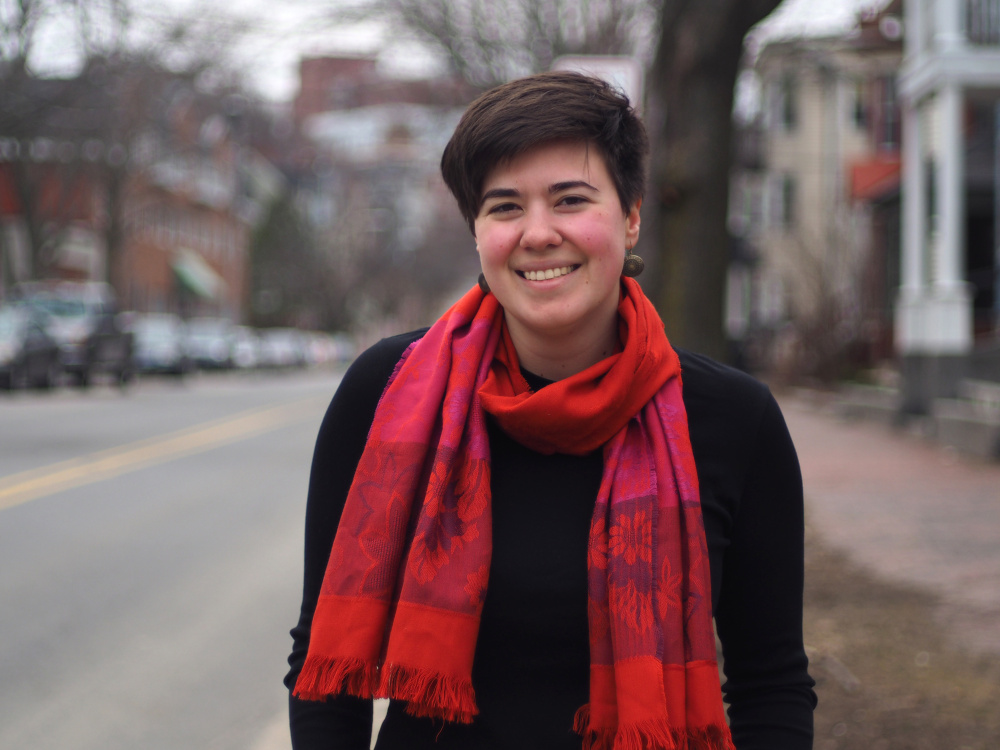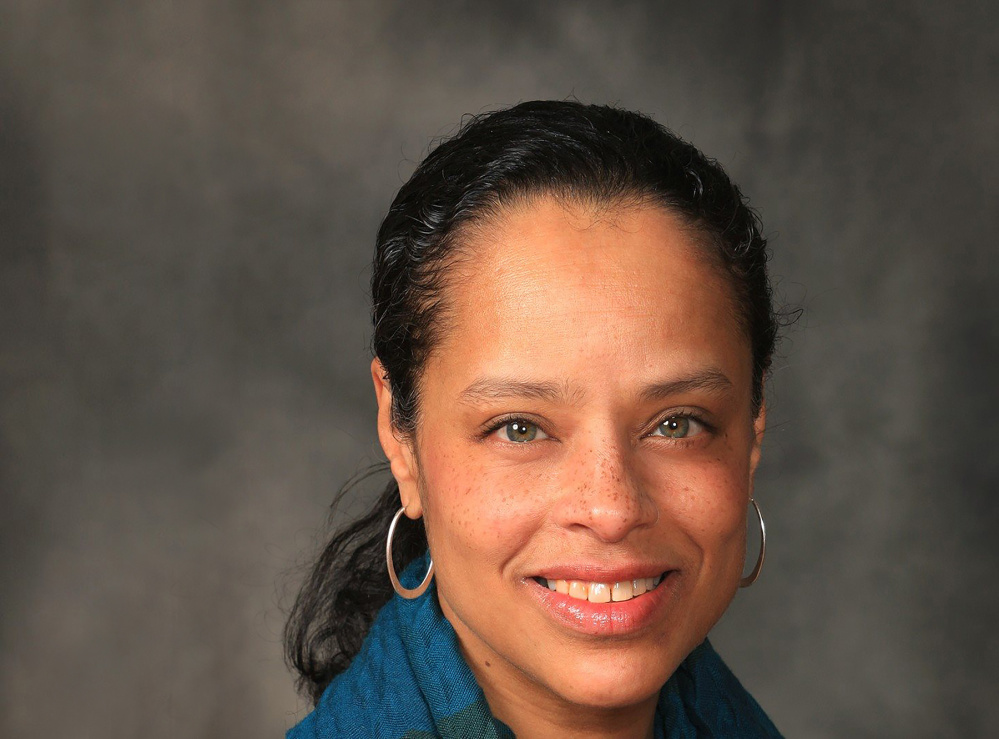A former state representative, a Clean Elections worker and a civil rights advocate are competing for a vacant seat representing part of Portland in the Maine Legislature.
Herbert Adams, Anna Kellar and Rachel Talbot Ross are running in the June 14 Democratic primary for House District 40, which encompasses the western half of the city’s peninsula and part of the Oakdale neighborhood.
The winner will face Republican Carol Taylor and Green Independent Russell Hoskins in the November election.
The seat is currently held by Ben Chipman, who is running for the state Senate.
Adams held the seat from 2002 until 2010, when he had to step down because of term limits. Chipman, who took it over, defeated Adams in the past two elections.
Now, Adams, 62, hopes to continue the work that he had been doing.
During his time in office, he sponsored two Land for Maine’s Future bonds to help preserve the state’s prized spaces, from forests to working waterfronts. He would like to see more.
“The rest of the world wants what Maine has,” he said.
He also led the creation of Opportunity Maine, a tax credit program that helps students pay off college debt. He’d like to see that expanded to include higher degrees.
In public education, Adams wants to amend the school funding formula to include the districts’ median incomes and give added weight to the number of English language learners, students receiving free and reduced lunch and families receiving food stamps. He thinks those changes would better reflect districts’ needs, rather than relying on property valuation.
Adams also wants to see a housing bond of at least $50 million for creating affordable housing throughout the state. He said he sponsored a similar effort previously but it failed.
“The problem is more acute now than ever,” he said.
Adams, a history and social science professor, said he believes his “energy, experience and enthusiasm” make him the best candidate, and his accomplishments offer proof.
Kellar is a newcomer to running for office, but has been part of the state’s political scene, working for Maine Citizens for Elections as a field director and, now, program director.
What she’s seen through that work – that legislators often overlook what voters want – inspired her to run.
“I’d like to try to bring the voices of people who are being directly affected into the policy process,” she said.
That would include people providing and in need of mental health care and substance abuse services.
“Investment that isn’t being made is costing lives and costing taxpayers a lot down the road, as well,” said Kellar, who thinks expanding MaineCare would help bring those resources.
She also believes investment in the University of Southern Maine is necessary to keep it viable.
“If you keep cutting programs you get to a point where no one will be able to come to the school,” she said.
She’d also like to see that the commitment the state made years ago to help fund public education happens at the level that was promised.
By making sure that services, such as education and General Assistance for asylum-seekers, are funded at the state level, more of the city budget can be used to address the city’s other critical needs, like the current housing crisis, Kellar said.
“There’s a need for a strong advocate for these issues in Portland at the state level,” she said.
Talbot Ross, a Portland native, said she’s running for public office “to contribute to the common good and be a catalyst for positive change.”
Her father, former state Rep. Gerald Talbot of Portland, was Maine’s first black legislator.
Talbot Ross, 55, said her experience, knowledge and advocacy work would do well “to serve a growing multicultural community and respond to the unique needs of our neighborhoods.”
Now the director of a fellowship program, Talbot Ross was Portland’s longtime director of equal opportunity and multicultural affairs. She resigned in the fall for reasons undisclosed at the time, though she offered an explanation last week.
“I made the decision to leave the city in advance of the change in direction from multicultural affairs to pursue my own personal and professional goals,” she said.
Talbot Ross is also the president of the Portland chapter of the NAACP, which had been placed on inactive status by the national organization, but Talbot Ross said the issue was resolved.
“The charter has never been in jeopardy,” she said.
In her advocacy work, Talbot Ross said she pushed for legislation to ban racial profiling, which led to the implementation of new training and policies in Maine’s law enforcement agencies.
She has also worked against abuse of solitary confinement and restraints in jails and to protect the voting rights of incarcerated Mainers.
As a legislator, Talbot Ross would work toward moving away from criminalizing drug addictions and toward improving treatment options. She said she will fight for the expansion of MaineCare.
She would also work to ensure Portland get its fair share of school funding and to invest in school construction. Although she was not sure what she could do at the state level, she would work with city officials in any way she could to address Portland’s affordable housing crisis.
She wants to help expand opportunities for small-business owners and work opportunities for immigrants.
As far as specific legislation, she would like to help bring back the bill to expand solar energy that was recently vetoed by Gov. LePage.
“If you don’t have a planet, you can’t do anything else,” she said.
Send questions/comments to the editors.





